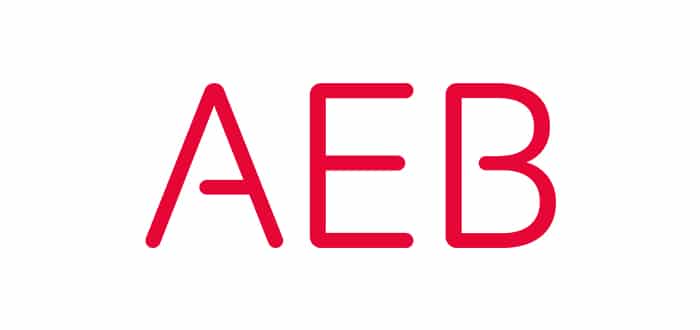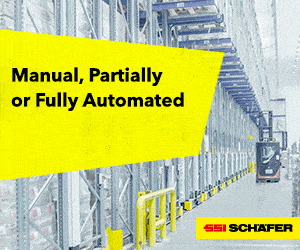With the UK Parliament vote on January 15, 2019, the next step in the Brexit process has been completed. The UK withdrawal agreement has been rejected and the UK Government must now present a plan B by January 21. What does this mean for the business community, and how can companies mitigate the resulting impact on their supply chains – the additional costs and more red tape? Help is at hand: AEB, a provider of software for global trade and logistics software, is offering a free Brexit ToolKit, containing everything traders need to know to bring their global trade and customs processes up to speed – including relevant government links, customs guides, public opinion polls, and solutions. The Brexit tool kit is available free of charge at www.aeb.com/brexit-tool-kit.
With the UK set to leave the Customs Union and Single Market as part of the Brexit process, the number of UK customs declarations is forecast to skyrocket from 50 million a year to 350 million a year. For many companies involved in moving goods across UK borders, this will be the first time they are facing customs declarations. Accordingly, on December 4, 2018, the UK government opened a one-off £8 million funding scheme to facilitate smooth trade across UK borders after Brexit.
One week later, AEB launched its new online Brexit Tool Kit with relevant resources, guides, opinion polls, and solutions, enabling UK traders to get an overview of requirements and options and bring their global trade and customs processes up to speed. There is no time left to spare for companies to get started and prepare their trade operations.
Taking action now: Get government funds
The UK government funding scheme includes £3 million for HMRC to invest in training provisions for customs management, with an increased number of courses available in the short term and new courses to be developed in the coming months to support customs broker training. The remaining £5 million funding is available to help businesses based in, or with a subsidiary in, the UK, to meet the costs of required employee training and IT improvements:
– £2 million are dedicated to funding training for intermediaries and traders completing customs declarations (or intending to complete customs declarations in the future). The grant will provide funding for up to 50% of the cost of training staff.
– £3 million are dedicated to funding IT improvements for small and medium sized employers in the customs intermediaries sector who are currently completing customs declarations on behalf of importers and exporters. The grant will fund investment in packaged software that increases the automation and productivity of completing customs declarations.
Smooth trade across country borders relies on flexible customs management IT landscapes, and businesses are encouraged to apply for these funds early – with applications officially closing on April 5, 2018 – or earlier once all funding is allocated.
Taking action now: Digitizing customs management
AEB’s new online Brexit Tool Kit details the key challenges Brexit poses for businesses and what they can and should do to secure their supply chains and make sure their global trade and customs processes are up to speed in four main areas:
– Export Controls: Checking dual-use goods
In terms of exports, the UK will become a third country when it leaves the EU and license requirements will apply to trading dual-use goods. IT solutions automate all relevant export control checks and efficiently manage all licenses, ensuring export control compliance at all times.
– Customs Filing: Mastering declarations
The volume of customs declarations will increase massively once the UK leaves the EU. Whether a company manages its own import and export filing or works with customs brokers, IT solutions automate and integrate customs processes, generating transactional savings and creating a flexible environment where any changes can be successfully dealt with.
– Origin and Preferences: Recalculating
Trade agreements determine the preferential treatment of goods and applicable duties. Once the UK leaves the EU, new calculations will be required, and new supplier’s declarations need to be managed. IT solutions help master this cumbersome process transparently, efficiently and compliantly.
– Product Classification: New customs codes
Applicable customs rule and tariff changes under Brexit will need to be reflected in a company’s product master data to ensure compliance and efficiency. Smart IT solutions help master the challenge in addition to other frequent global trade master data updates.
Geoff Taylor, Managing Director at AEB in the UK said: “Brexit presents significant new challenges, both for experienced traders and for businesses that are only starting to export or import. Establishing a flexible IT landscape for global trade that can quickly and easily adopt new customs procedures and integrate new brokers not only saves time and money but also delivers the foundation to master upcoming global trade changes – whichever way Brexit will go.”











